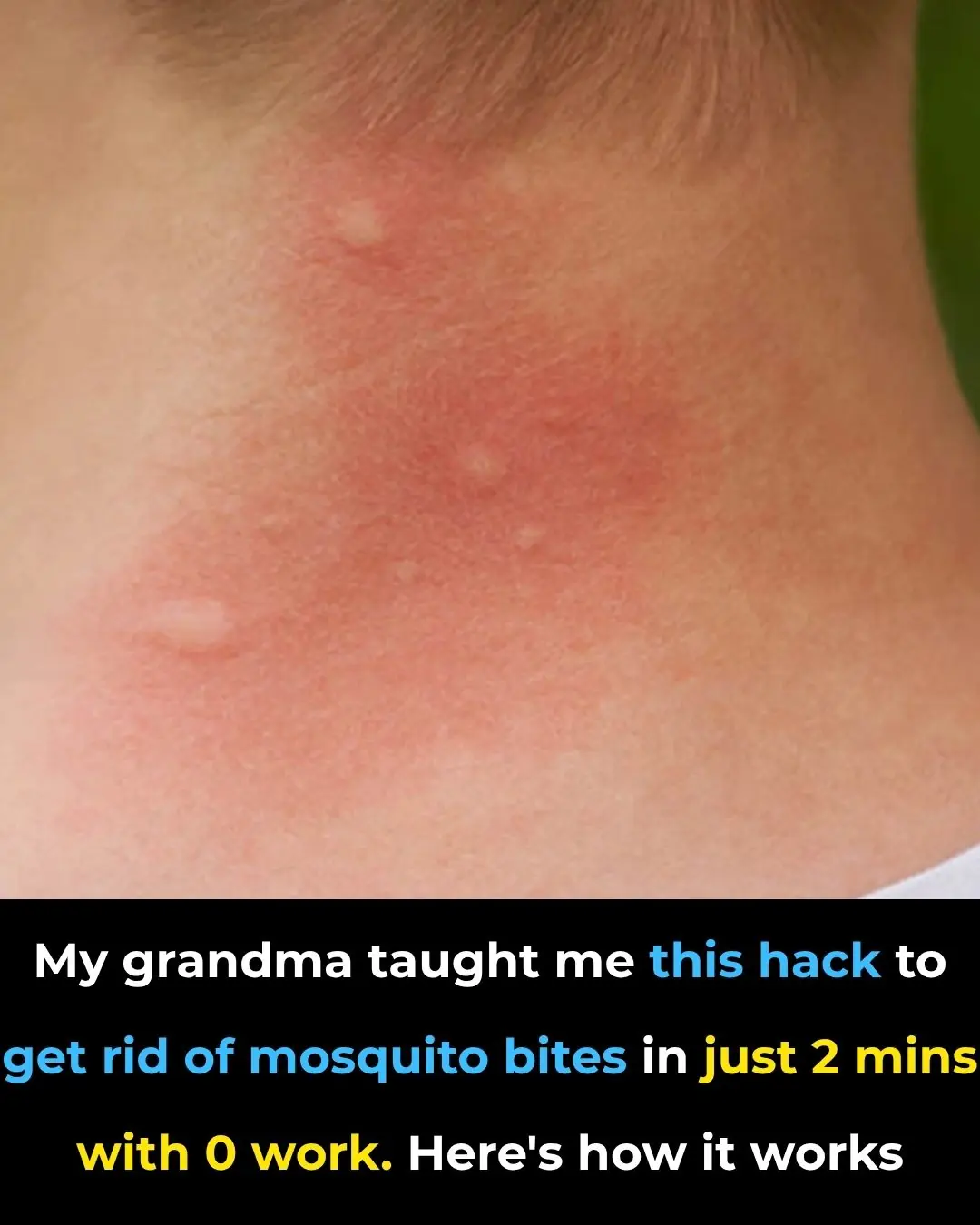
This starves colon cancer cells — and strengthens your body’s natural defenses

Have you noticed the headlines? Colon cancer—a disease once associated almost exclusively with older adults—is now showing up in people in their 30s, 20s, and even teens. It’s a shocking and deeply concerning trend that’s left doctors and the public alike asking the same question: What on earth is going on?
Surprisingly, the answer is not hidden in our genes. While genetics play a role, the vast majority of cancers are driven by diet and lifestyle factors—the things we do every single day. And that’s actually good news, because it means you have more control over your health than you might think.
Your body is equipped with incredible built-in defense systems—biological shields that constantly work to prevent diseases like cancer. The key lies in learning how to strengthen them.
In this article, we’ll explore why colon cancer rates are climbing among younger generations and what you can do to prevent it. You’ll learn how everyday habits can either fuel or fight cancer, discover how cutting-edge treatments like immunotherapy are transforming outcomes, and see how the foods you eat can literally reprogram your body to defend itself.
This isn’t about fear—it’s about empowerment.
Key Takeaways
-
Lifestyle Is Everything: The modern rise in colon cancer—especially in younger people—is largely linked to processed diets, alcohol, smoking, and inactivity, rather than inherited genes.
-
Your Immune System Is a Superhero: It’s constantly patrolling your body for early cancer cells and destroying them before they cause harm.
-
Immunotherapy Is Changing Everything: This breakthrough treatment helps your immune system see and attack cancer cells, offering hope even in late stages.
-
Gut Health Is Central: A healthy gut microbiome strengthens your immune system and can dramatically improve treatment results.
-
Food Is Medicine: The right foods can actively starve cancer cells, lower inflammation, and strengthen your body’s own healing mechanisms.
1. What Exactly Is Colon Cancer—and Why Are Younger People Getting It?
Colon cancer affects the large intestine, or bowel, and is one of the most common cancers worldwide. Traditionally, doctors screened people starting at age 50. But now, oncologists are diagnosing colon cancer in patients as young as 20.
This surge can’t be explained by a sudden genetic mutation. Instead, it reflects how drastically our environment, diet, and lifestyles have changed. The evidence overwhelmingly points toward processed foods, excess sugar, sedentary behavior, and disrupted gut health as key drivers.
Microplastics, food additives, and environmental toxins may contribute, but research consistently finds that what we eat—and what we don’t—plays the largest role. In other words, colon cancer is increasingly a disease of modern habits, not hereditary fate.
2. Lifestyle Habits That Fuel Cancer (and How to Stop Them)
Certain habits create the perfect storm for cancer growth.
-
Processed meats (like bacon, deli meats, and hot dogs) contain nitrosamines—chemicals that damage the colon lining and trigger chronic inflammation. The World Health Organization classifies these meats as Group 1 carcinogens, the same category as tobacco.
-
Alcohol and smoking—including vaping—introduce oxidative stress and toxins that overwhelm your cells’ repair systems.
-
Sedentary lifestyles reduce metabolism, increase body fat, disrupt hormones, and weaken the immune system.
These behaviors all have one thing in common: they suppress your body’s natural defenses, giving microscopic cancers the opportunity to grow unchecked.
✅ Simple change: Replace processed meats with beans, lentils, or grilled fish. Take a 10-minute walk after meals to activate metabolism and lower colon inflammation markers.
3. Your Body’s Built-In Cancer-Fighting Army
The human body is not a passive victim of disease. It’s constantly on alert, thanks to five major health defense systems—angiogenesis, regeneration, microbiome balance, DNA protection, and immunity.
Your immune system functions like a round-the-clock patrol. It identifies abnormal cells and eliminates them long before they form visible tumors. Another system—angiogenesis regulation—controls the growth of blood vessels. A tumor can’t grow larger than the tip of a ballpoint pen without a blood supply.
When your angiogenesis defenses are strong, your body cuts off the “fuel line” feeding small cancers, keeping them dormant. Modern cancer therapies like anti-angiogenic drugs mimic this same natural defense.
4. Immunotherapy: The Revolutionary Breakthrough
Among the most remarkable advances in medicine is immunotherapy—a treatment that empowers your immune system to recognize and destroy cancer. Unlike chemotherapy, which attacks all fast-growing cells, immunotherapy specifically targets cancer’s camouflage.
Drugs such as checkpoint inhibitors (like Keytruda and Opdivo) remove the “invisibility cloak” that cancer cells use to hide from your immune defenses. Once the disguise is gone, your immune system can attack them aggressively and effectively.
Some patients with stage 4 colon cancer have achieved complete remission using immunotherapy. However, not everyone is eligible—your tumor must carry certain biomarkers such as MSI-H, PD-1, or PD-L1.
✅ Ask your doctor: “Has my tumor been tested for immunotherapy compatibility?” Knowing this could open doors to life-saving options.
5. The Hidden Link: Gut Health and Cancer Resistance
Here’s a surprising fact: for immunotherapy to work well, you need a healthy gut microbiome.
Your intestines host nearly 39 trillion bacteria, and their balance influences everything from inflammation to immune performance. A diverse, fiber-fed microbiome helps your immune cells detect and destroy abnormal growths. In contrast, a disrupted gut—caused by antibiotics, processed food, or low-fiber diets—can reduce treatment effectiveness.
Recent studies have shown that cancer patients with a healthy microbiome are up to three times more likely to respond positively to immunotherapy than those with poor gut health.
✅ Support your gut: Eat fermented foods like sauerkraut, kimchi, and kefir. Include high-fiber vegetables and fruits daily to feed beneficial bacteria.
6. Stock Your Kitchen with Cancer-Fighting Foods
You can activate your own anti-cancer defenses with every bite.
-
High-Fiber Foods: Fruits, vegetables, nuts, and legumes feed gut bacteria and lower colon cancer risk by helping your body eliminate toxins.
-
Polyphenol Powerhouses: Berries, green tea, and colorful vegetables protect DNA and suppress tumor growth. Green tea’s catechins can literally starve cancer cells of their blood supply.
-
Brassica Family Veggies: Broccoli, kale, and Brussels sprouts contain sulforaphane, a compound shown to neutralize carcinogens.
-
Healthy Fats: Extra virgin olive oil and omega-3-rich fish (like salmon, sardines, or mackerel) fight inflammation and strengthen cell membranes.
Research published in Nature Medicine found that melanoma patients consuming 5–6 grams of dietary fiber daily (roughly a pear’s worth) improved their survival rates on immunotherapy by 30%. That’s the power of food as medicine.
7. Akkermansia: The Gut Bacteria That Boosts Cancer Immunity
One particular bacterium, Akkermansia muciniphila, has emerged as a superstar in cancer research. Patients with high levels of Akkermansia respond dramatically better to immunotherapy.
You can grow this beneficial bacteria naturally through your diet. It thrives on foods rich in ellagitannins, found in pomegranates, walnuts, Concord grapes, and cranberries. Oats, chili flakes, and Chinese black vinegar can also encourage its growth.
This discovery has inspired a new wave of treatment combining nutrition, probiotics, and immunotherapy—a truly holistic approach to fighting cancer from both inside and outside the body.
8. How to Be Your Own Best Health Advocate
We’re living in an extraordinary era of cancer research—where medicine, diet, and the microbiome are coming together to create real hope. But that hope only works if you actively participate in your care.
Ask your doctor about angiogenesis-based therapies and immunotherapy testing. If one treatment doesn’t fit, inquire about clinical trials—there are hundreds of ongoing studies looking for candidates.
Don’t underestimate your influence. Every question you ask, every food you choose, every step you take toward a healthier lifestyle strengthens your body’s defenses and increases your odds of recovery.
Conclusion: Turning Fear into Empowerment
A cancer diagnosis is life-changing—but it doesn’t have to mean hopelessness. We now understand that the power to fight back lies not just in hospitals and medications, but in the choices you make daily.
By adopting a fiber-rich, anti-inflammatory diet, nurturing your gut, and exploring breakthrough treatments like immunotherapy, you can help your body do what it was designed to do: heal and protect itself.
This is not a battle of food versus medicine—it’s the powerful partnership of both. And that combination might just be the most effective weapon we have in the fight against cancer.
News in the same category

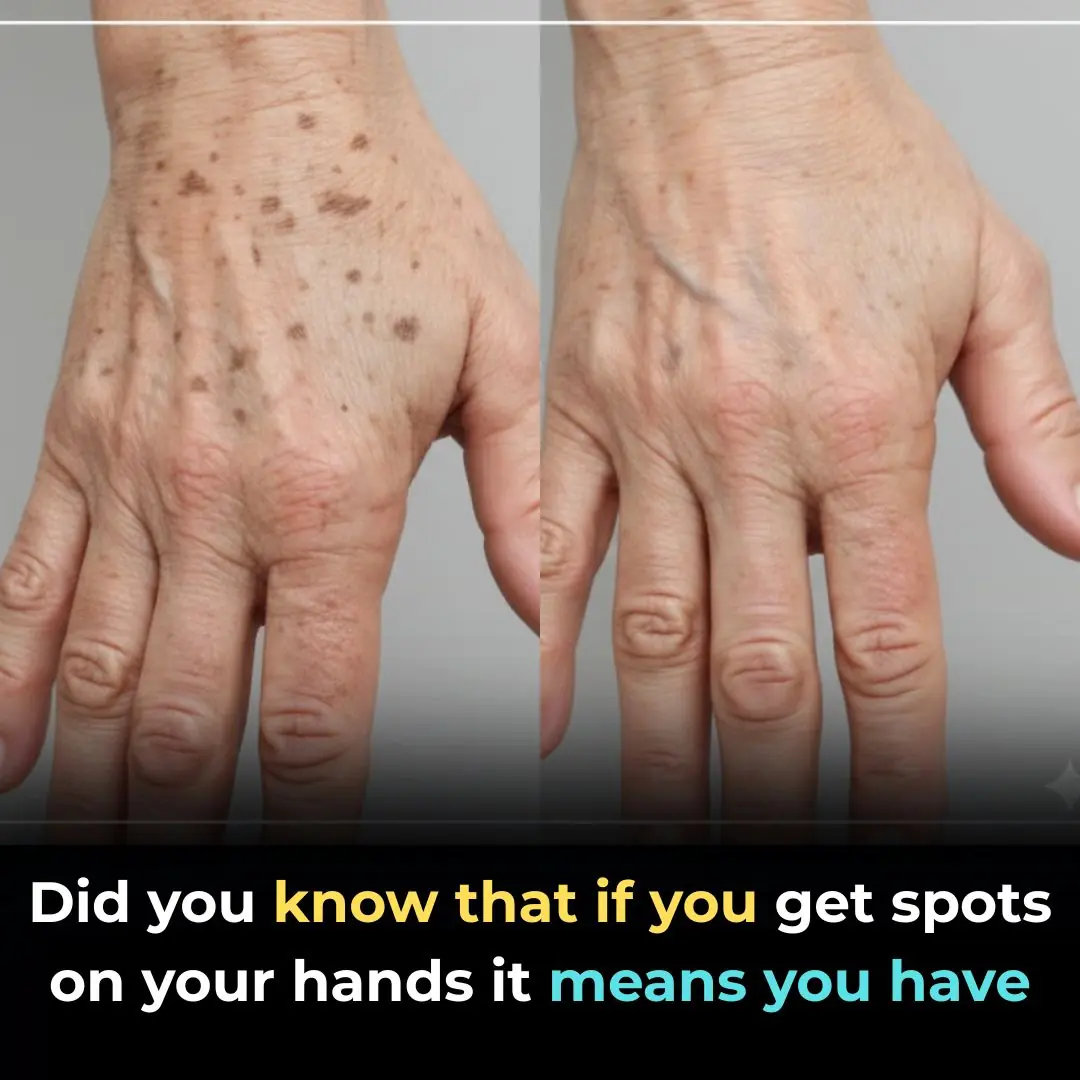
Did you know that if you get spots on your hands it means you have
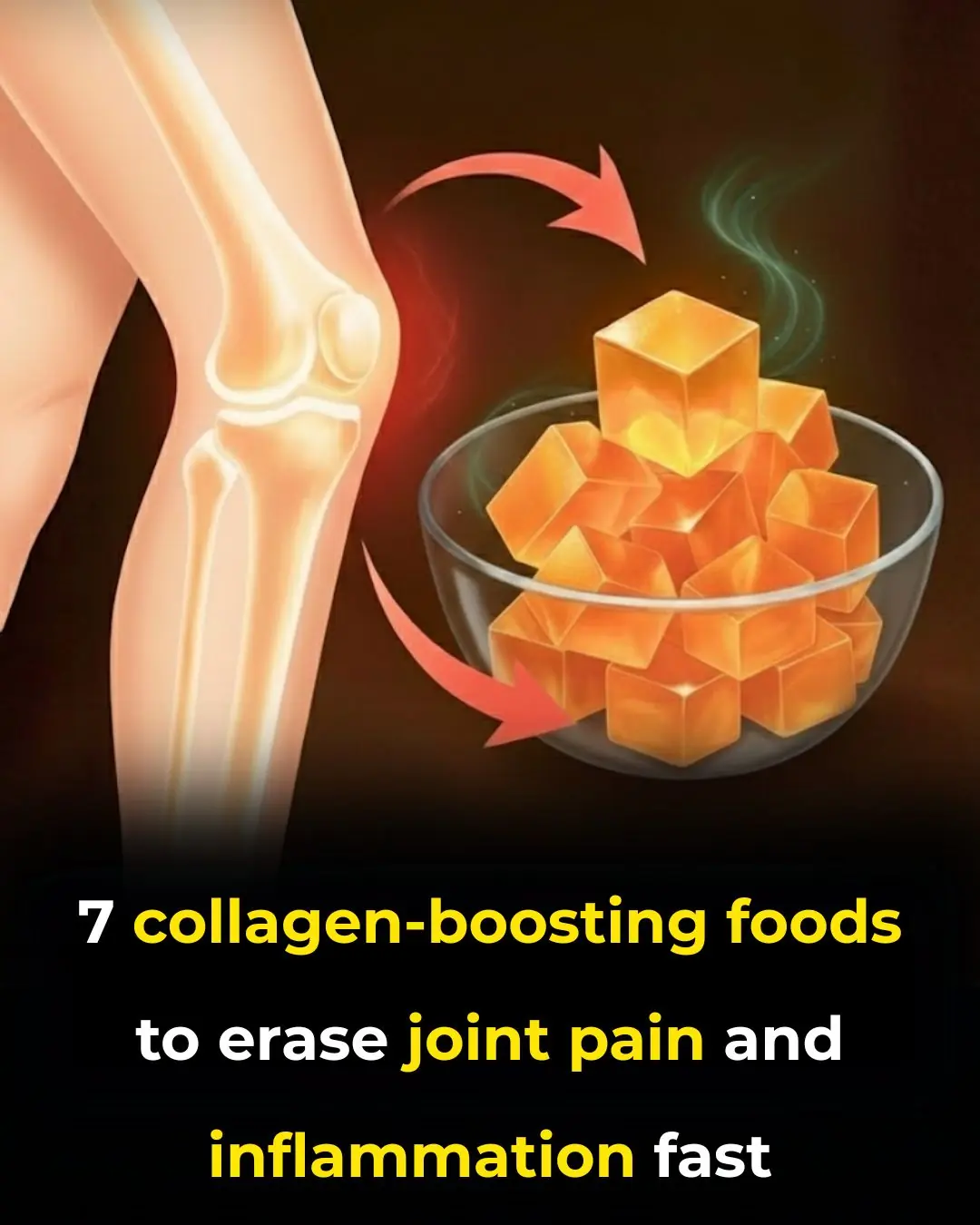
7 COLLAGEN-boosting foods to ERASE joint pain & inflammation FAST!

The Human Brain Isn’t Built for Late Nights, Experts Warn

Harvard Doctor Reveals Foods You Should Avoid to Prevent Inflammation
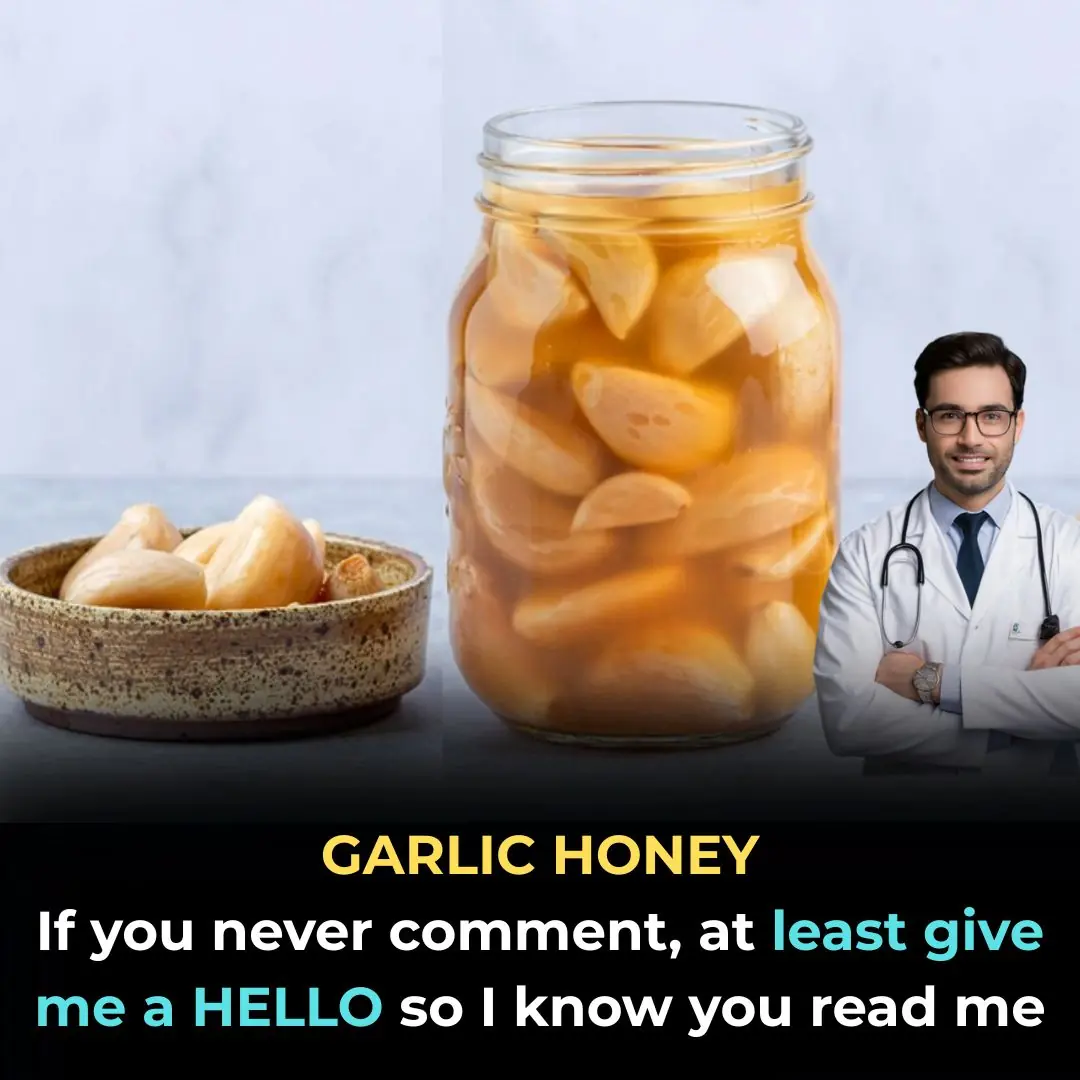
Unlock Your Body’s Hidden Power: Try Garlic and Honey on an Empty Stomach for 7 Days
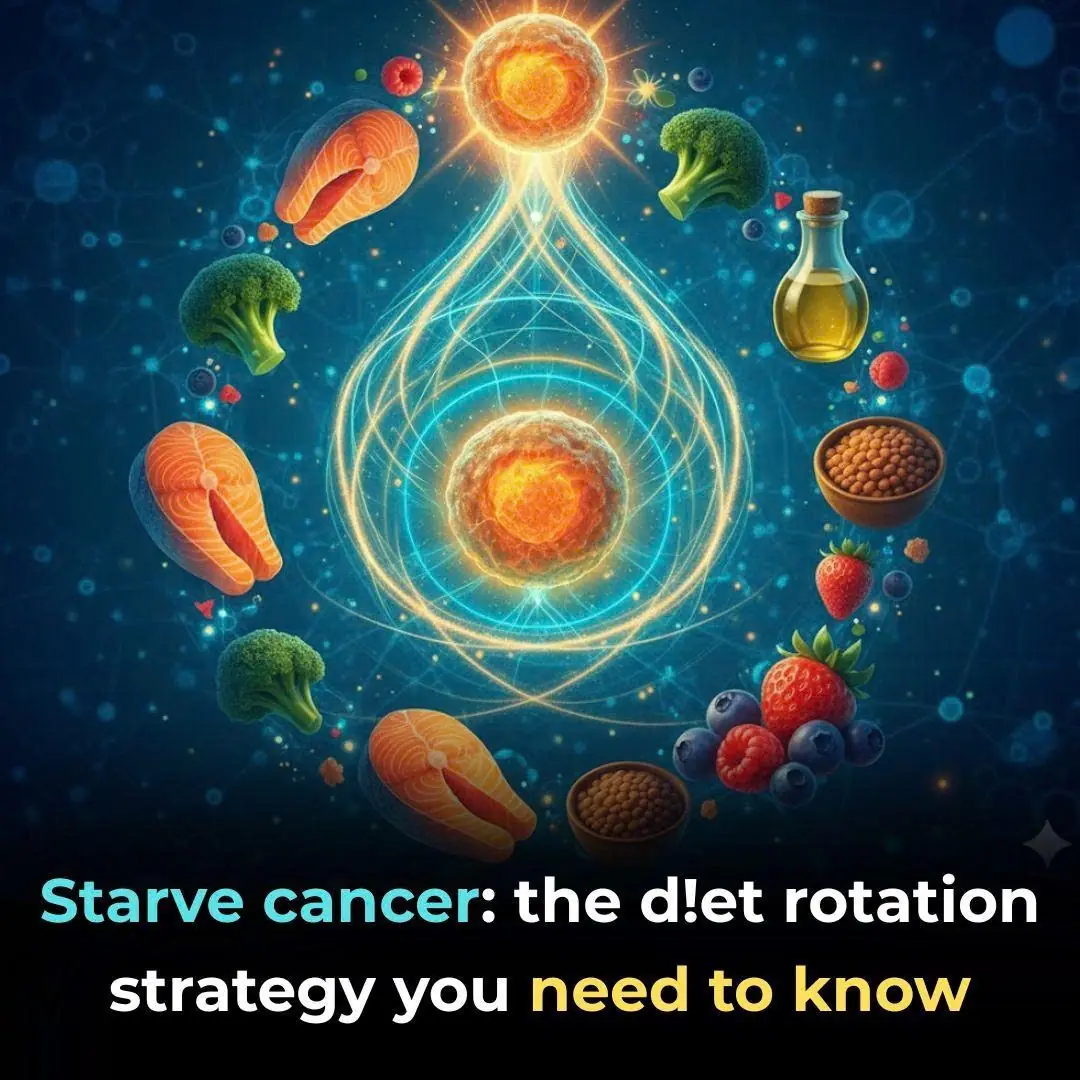
Starve cancer: the diet rotation strategy you need to know

SHOCKING NEW STUDY REVEALS WHAT MIGHT BE SILENTLY DESTROYING HUMAN FERTILITY

POPULAR SHAMPOO URGENTLY RECALLED BECAUSE IT CONTAINS BACTERIA THAT KILLS UP TO ONE IN TEN PATIENTS

Nurse who's witnessed 'so many deaths' explains spine-chilling moment she realised 'what happens after we die'
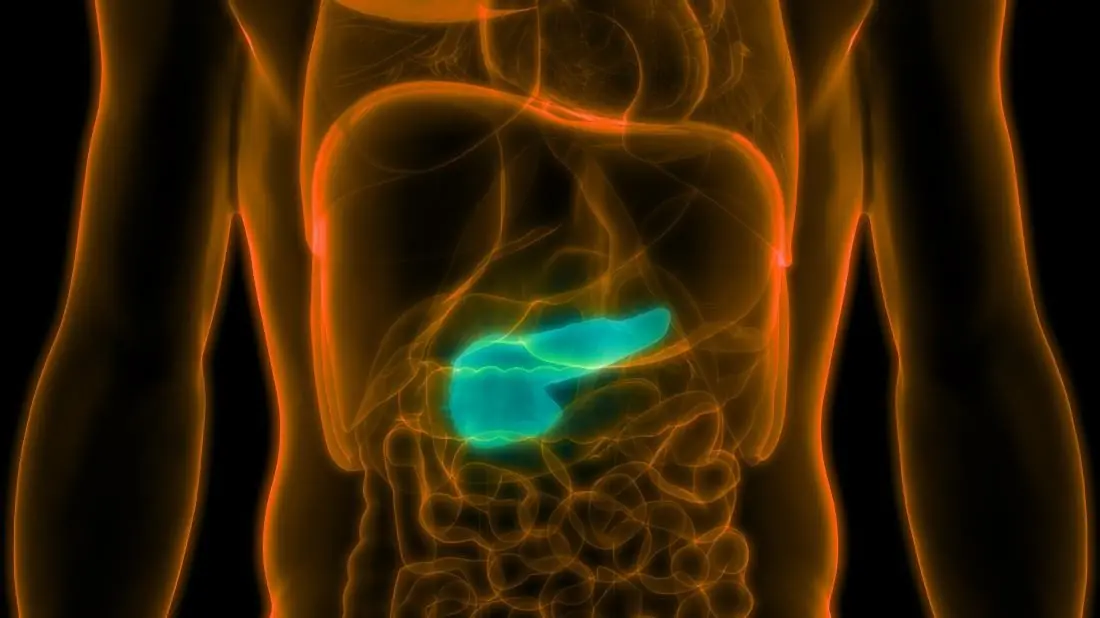
The influenza flu virus is being used to cure pancreatic cancer

Eye Doctor Reveals What To Do If You Start Seeing ‘Floaters’
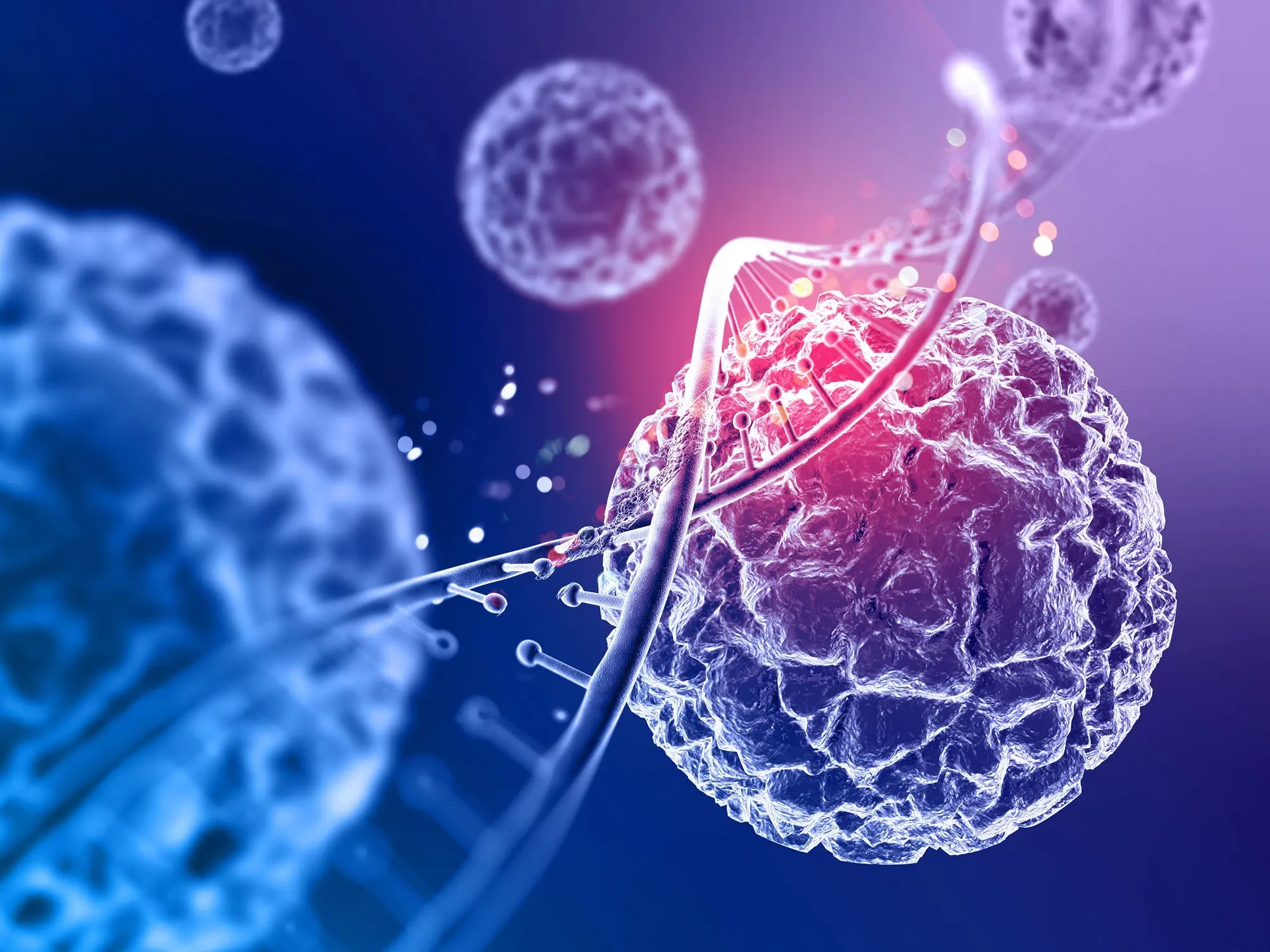
If cancer cells are present in the body, these 3 symptoms often appear in the morning everyone should pay attention
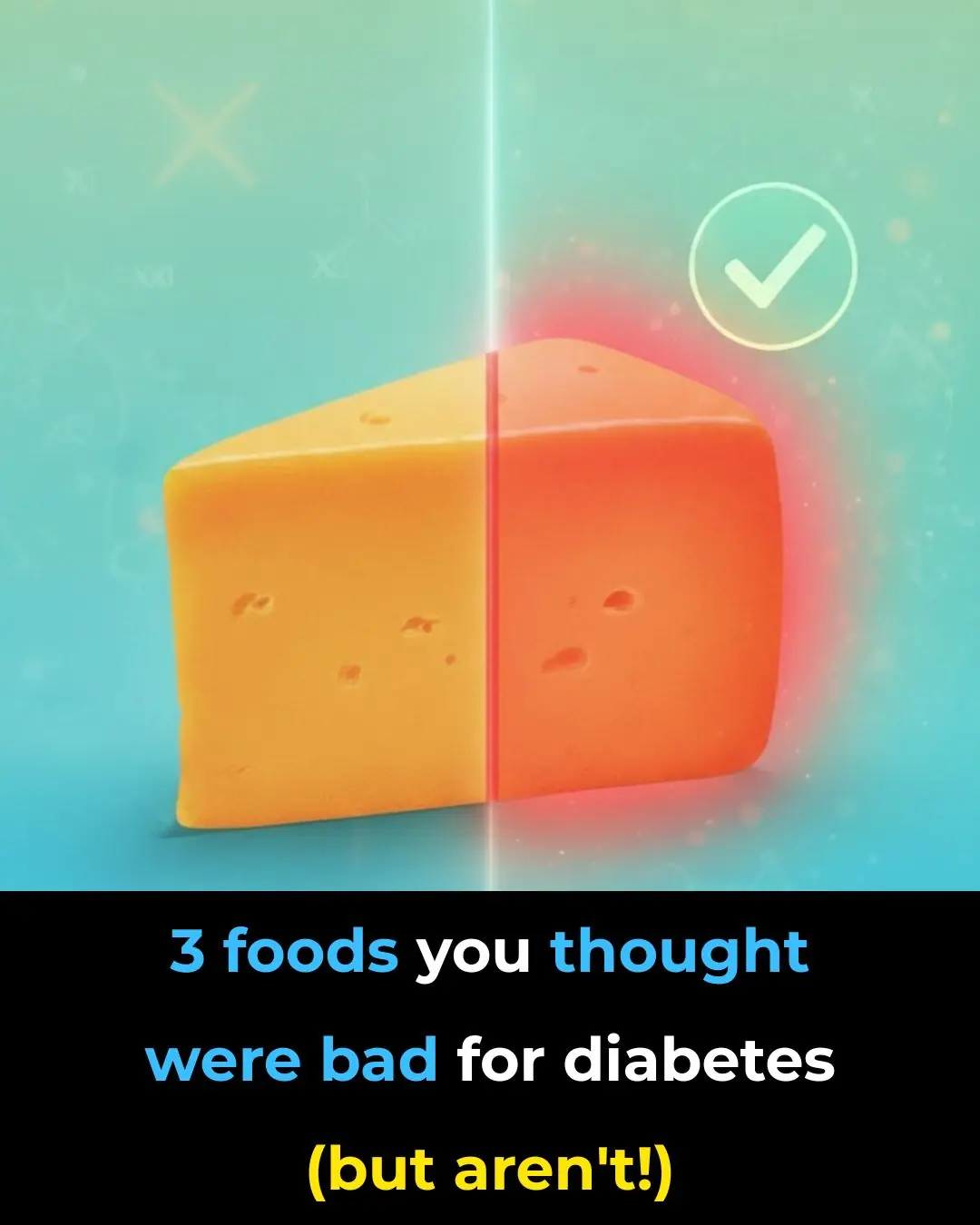
3 foods you thought were bad for diabetes (but aren’t!)
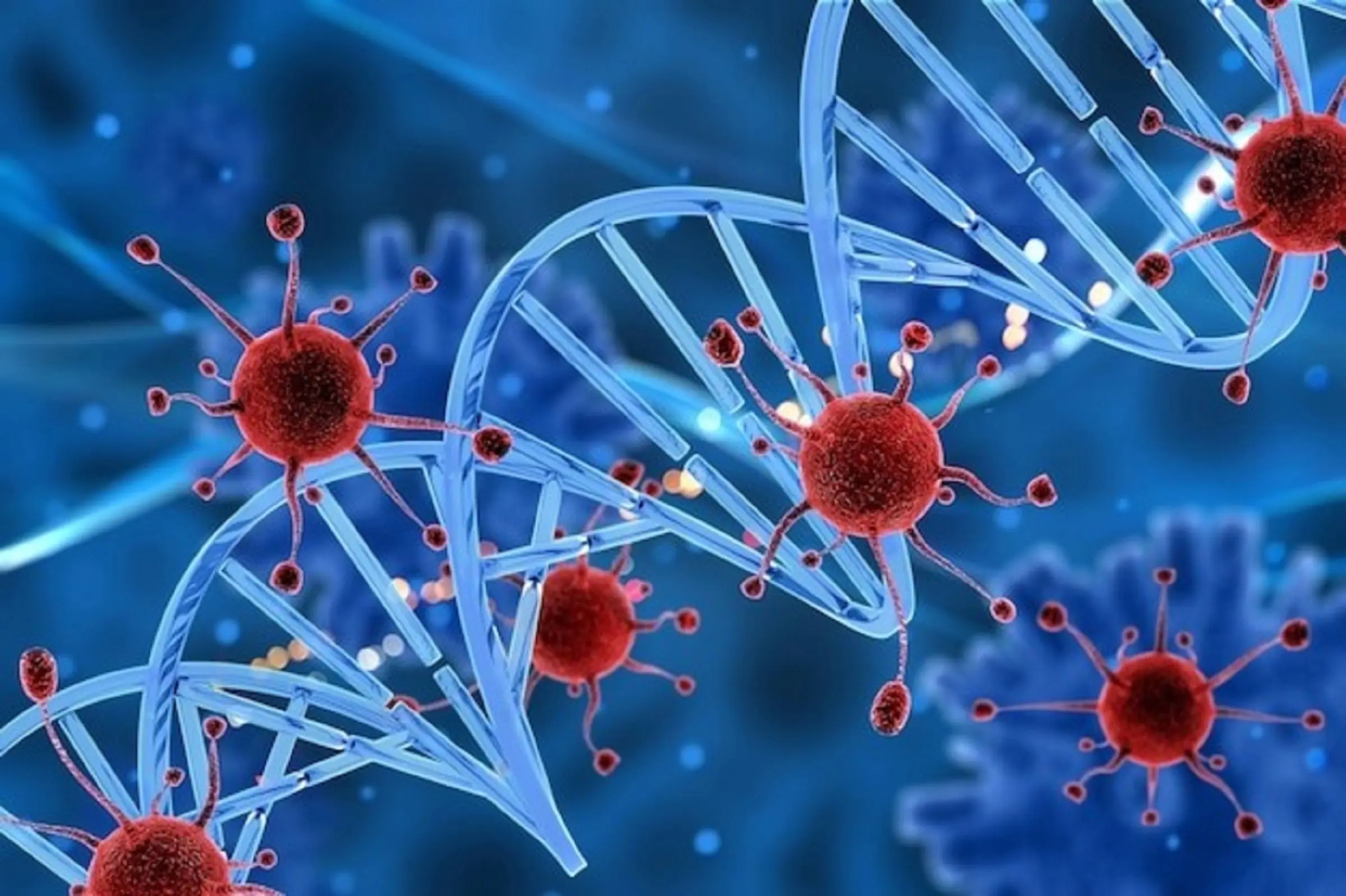
CANCER IS PAINLESS AT FIRST, BIT IF YOU SEE THESE 8 SIGNS WHEN GOING TO THE TOILET, YOU SHOULD SEE A DOCTOR IMMEDIATELY

Sleeping Naked: 8 Surprising Benefits

What Happens To Your Skin When You Rub An Ice Cube On Your Face
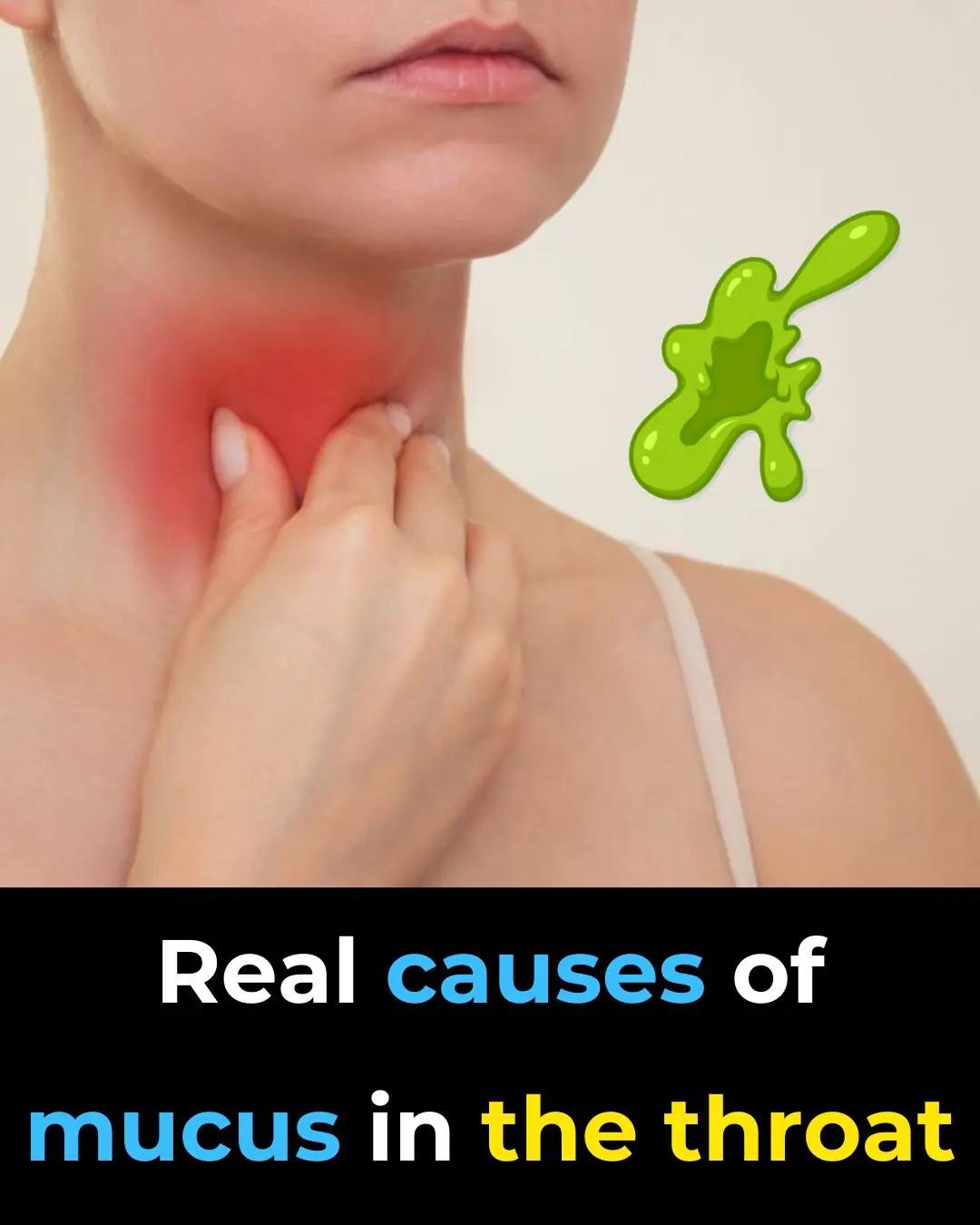
🤢 The Real Causes of Constant Phlegm and Mucus in Throat — And How to Get Rid of It

The Tennis Ball Trick That Can Relieve Back, Neck Or Knee Pain In Seconds
News Post

Shrimp injected with impurities is easy to distinguish: Smart people will see this point

Tips for cleaning an air fryer without scrubbing and still clean as new

25 Incredible Health Benefits of Goosegrass

The water pipe is clogged, just blame this and it will be solved easily, no need to waste money calling a plumber.

How to clean the bathroom easily and effortlessly: It will stay clean and fragrant all week long

Simple tips for making crispy roast pork skin without much effort: Golden brown, crispy skin like in restaurants

How bathing too often can affect your health

Dirty sofa, do not use wet towel to wipe: Use this to clean it, it will not be damaged

Drop this into the basin, clams and snails will release all the mud and dirt, making them 5 times more fattening.

Tips to avoid blackening pots when using gas stoves: Very simple, everyone should know

Learn from the Japanese by soaking bananas in this water: Get a longevity food, not everyone knows

Did you know that if you get spots on your hands it means you have

See why and how to choose melon effectively...

You are doing it all wrong. Here's the right way to clean stainless steel

Should You Throw Toilet Paper in the Toilet or in the Trash?

You are doing it all wrong. Here's the right way to clean your windows

Discover Love in the Little Things: Everyday Connections

Add This to Your Mopping Water – Your Floors Will Shine Like New and Stay Dust-Free for a Whole Week

Hidden Smartphone Tricks You Didn’t Know About
